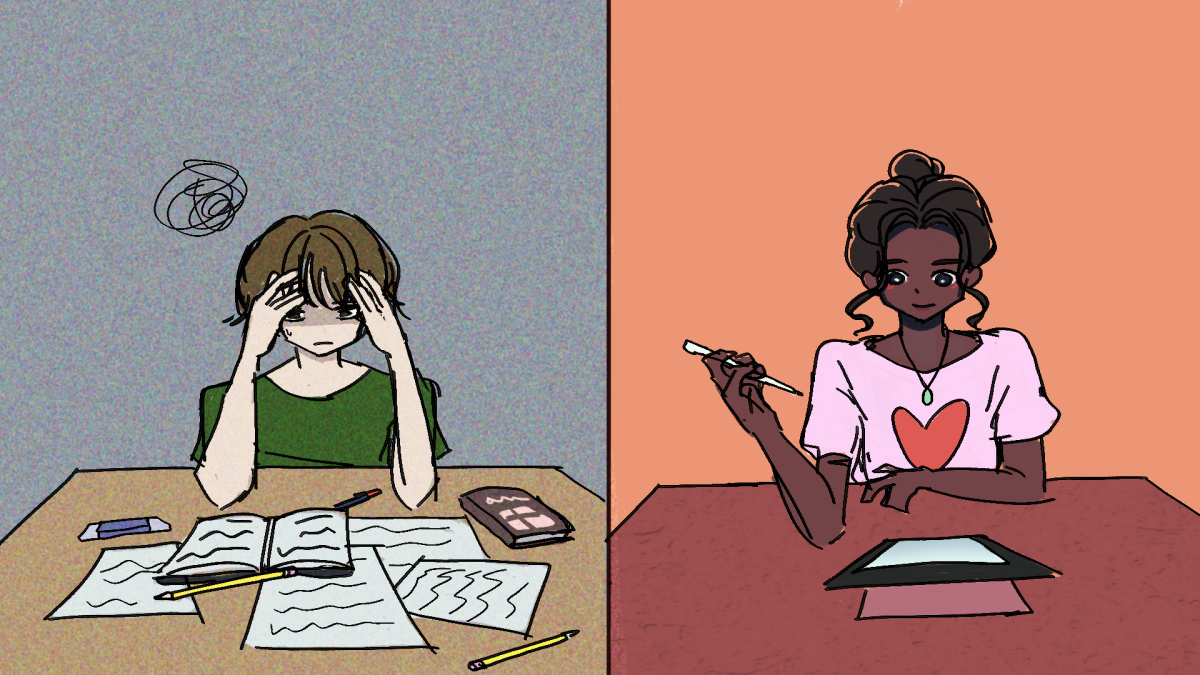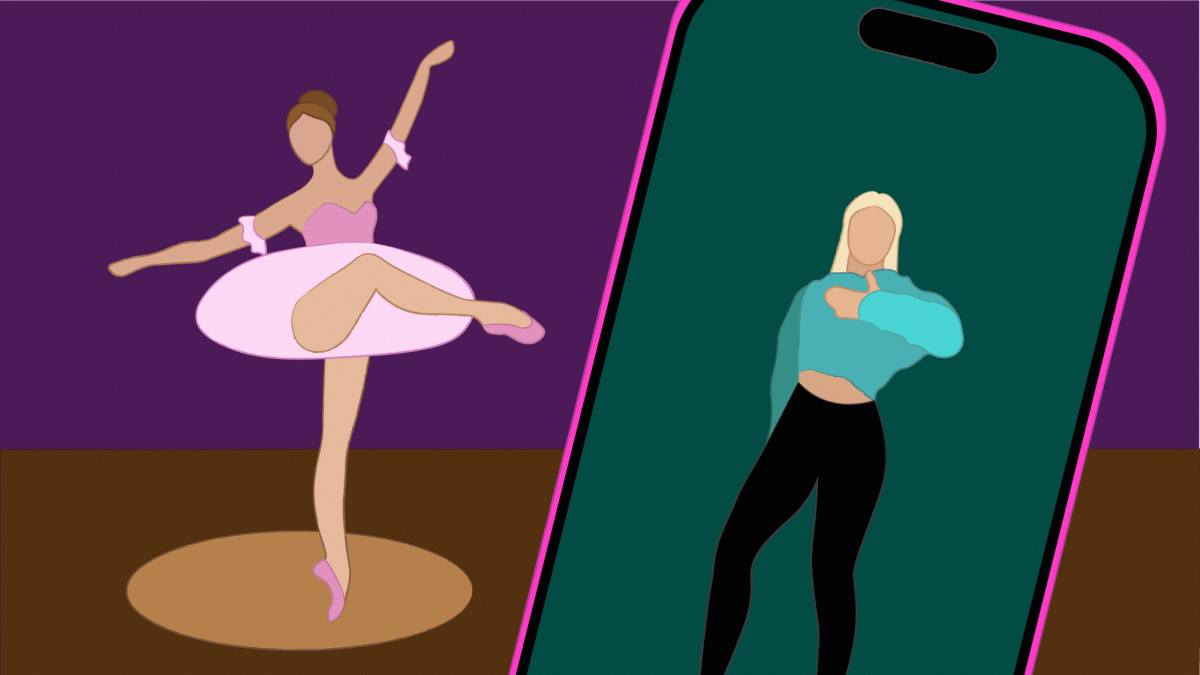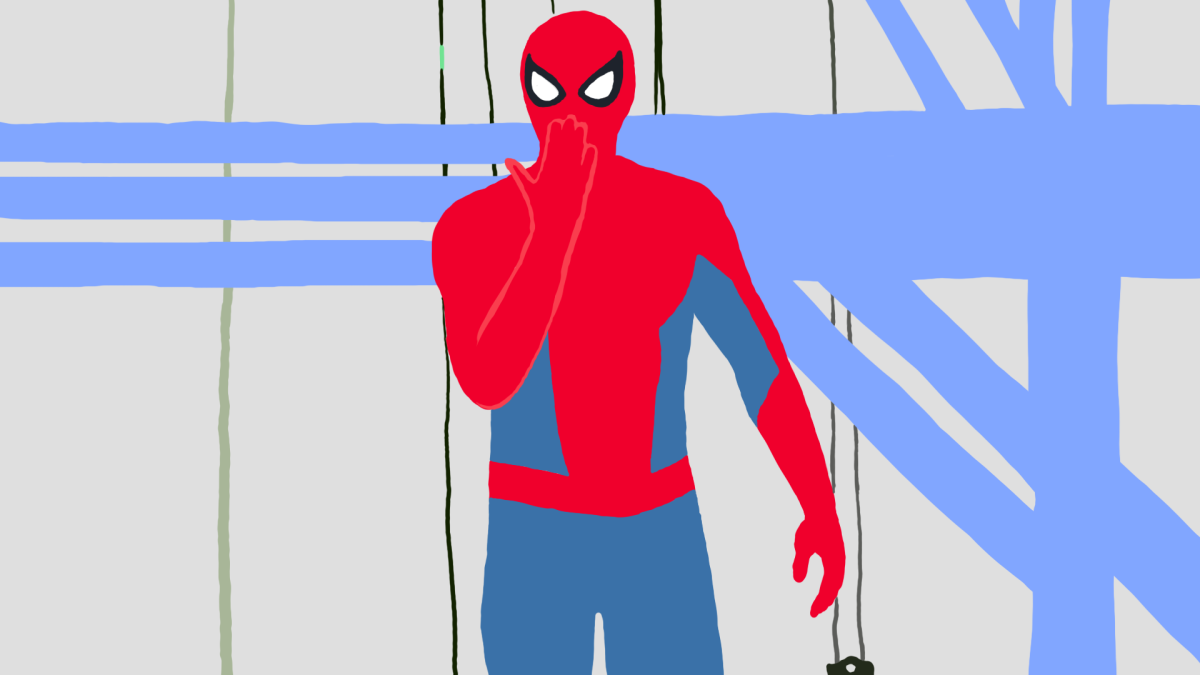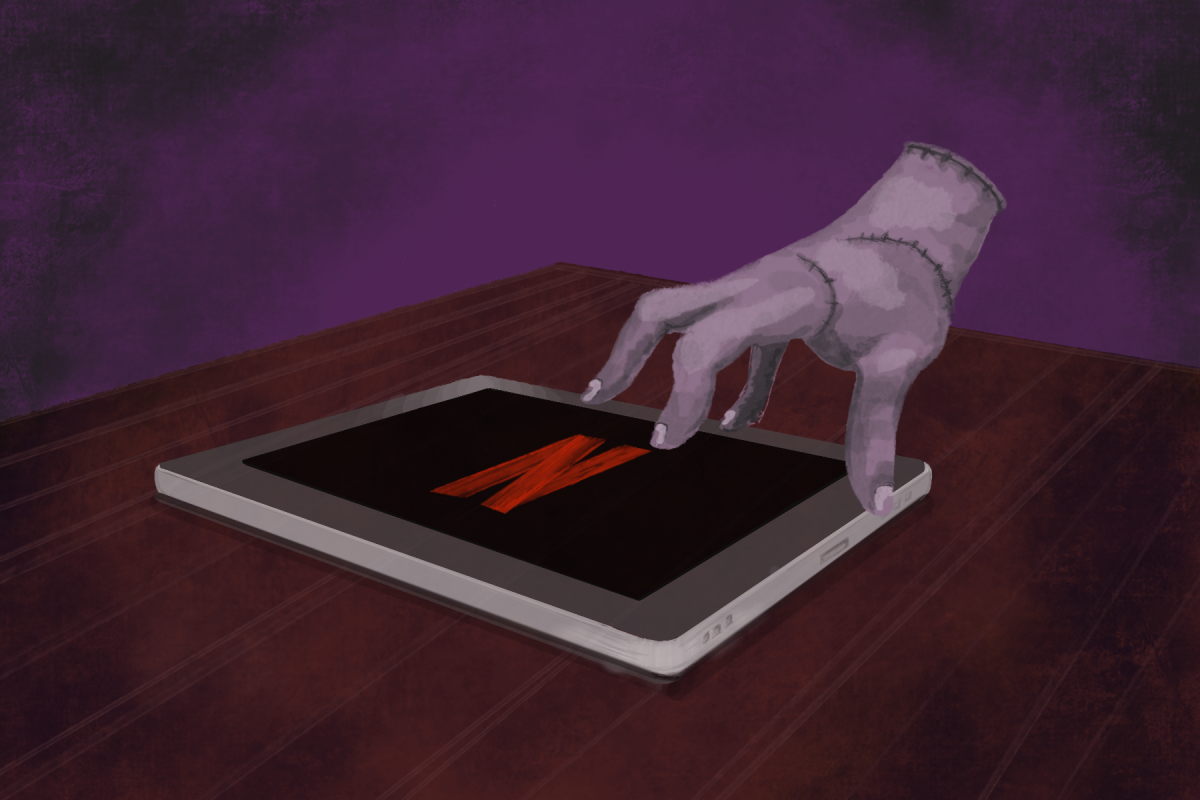Hyperpop queen Charli XCX released her eighth album, “Brat,” just in time for it to be cemented as a summer staple. The electric sound, especially from songs “360,” “365” and “Apple” is fit for a party girl who is in the club on repeat, but the lyricism reveals “Brat” to be about far more than the party lifestyle — Charli XCX’s “Brat” is about her relationship with womanhood.
The Bechdel test is a media theory which asks just one question — did two women in this work have at least one conversation with each other about something besides a man? One of the most famous examples is the film American Hustle. The movie passes because of a single scene in which two women simply have a conversation about nail polish.
It seems like an easy feat, yet so much of media fails it. But with Charli XCX focusing her energy toward her ties to other women and womanhood itself, and no significant references to men throughout the album, “Brat” passes the test with flying colors.
The opening track, “360,” kicks off the album with a frankly iconic declaration from Charli XCX: “I’m your favorite reference, baby.” Having been in the industry for over 10 years, Charli XCX is acknowledging her own superstar status. But she doesn’t do so at the expense of other women. In fact, she leans on them.
She follows that line by insisting, “Call me Gabbriette / You’re so inspired,” referencing none other than Gabbriette Bechtel, a model and certified it-girl who can also be recognized as the fiancee of The 1975 frontman Matty Healy. She goes on to repeat one of “Brat’s” most recognizable phrases — “I’m everywhere, I’m so Julia,” referencing none other than Julia Fox.
Fox, best known for her role in Uncut Gems, has long been considered the internet’s favorite muse. The lyric “I’m everywhere” is reminiscent of the slang “I’m outside,” meaning being active and social. Charli XCX asserts her socialite status while honoring those who came before her. The nod sets a precedent for the album that revolves around Charli XCX’s relationship with other women and herself.
Perhaps the most obvious display of “Brat’s” emphasis on female relationships is “Girl, so confusing.” She sings about her complicated friendship with another woman, speaking directly to her, “Sometimes I think you might hate me / Sometimes I think I might hate you / Maybe you just wanna be me.”
Coupled with the line “People say we’re alike / They say we’ve got the same hair” exhibits the ways these two women, and women in general, are pitted against each other. XCX’s remix of the song revealed Lorde to be the subject of Charli XCX’s frustrations.
In the new perspective, Lorde responds to Charli XCX detailing her own insecurities. From body image to jealousy to a skewed concept of self, she explains how this impacts the relationship she’s had with Charli XCX over the years and how meaningful this olive branch is. Lorde concludes by acknowledging that the two women are ultimately better when they’re on the same team. She sings, “And when we put this to bed / The internet will go crazy / I’m glad I know how you feel / ‘Cause I ride for you, Charli.”
Most notably, Charli XCX and Lorde’s struggle had nothing to do with a man. While the media landscape likes to portray women’s lives as those which revolve around men and relationships with them, hence the need for the Bechdel test in media, Charli XCX and Lorde exhibit that it is possible for two women to disagree about something other than who gets the guy.
In another display of introspection by way of a hyperpop dance anthem, “Apple” explores Charli XCX’s familial relationships. The song opens with “I guess the apple don’t fall far from the tree / ‘Cause I’ve been looking at you so long / Now I only see me / I wanna throw the apple into the sky / Feels like you never understand me.”
Charli XCX refers to how she sees her parents, particularly her mother, reflected in herself despite their differences. Charli XCX seeing herself in her mother’s face, and potentially her actions, despite the fact that she doesn’t seem to connect with her on an intimate level creates a cognitive dissonance she has to grapple with.
In perhaps the most poignant lyrics of the album, she considers the way generational trauma and mental illness has been passed down to her: “I think the apple’s rotten right to the core / From all the things passed down / From all the apples coming before.”
Charli XCX considers how mental illness has affected the women before her and the role that plays in her own struggles today. It’s important to note that she doesn’t do so in a way that blames the women in her life. But she’s hardly sympathetic either — she’s rather matter-of-fact about the very dynamic that many women have come to similar conclusions about.
Whether she’s praising women who laid the groundwork for her social butterfly tendencies, joining forces with a woman the world has said she should detest or analyzing the way she reflects the women in her life for better or for worse, Charli XCX made one thing clear in her lyricism — “Brat” was never about men.
Much like the simple conversation between two women about nail polish, “Brat” doesn’t have to be introspective in order to be meaningful. Even so, Charli XCX doesn’t run from the urge to confront her feelings associated with womanhood. “Brat” tells women it’s okay to do that while still letting loose on the dance floor, maybe even at the same time.
Below the electronic sound and catchy one-liners, beyond the “Brat” memes and neon green imagery that perforated everything from TikTok to presidential campaigns, maybe without anyone noticing, “brat summer” was always about women.










